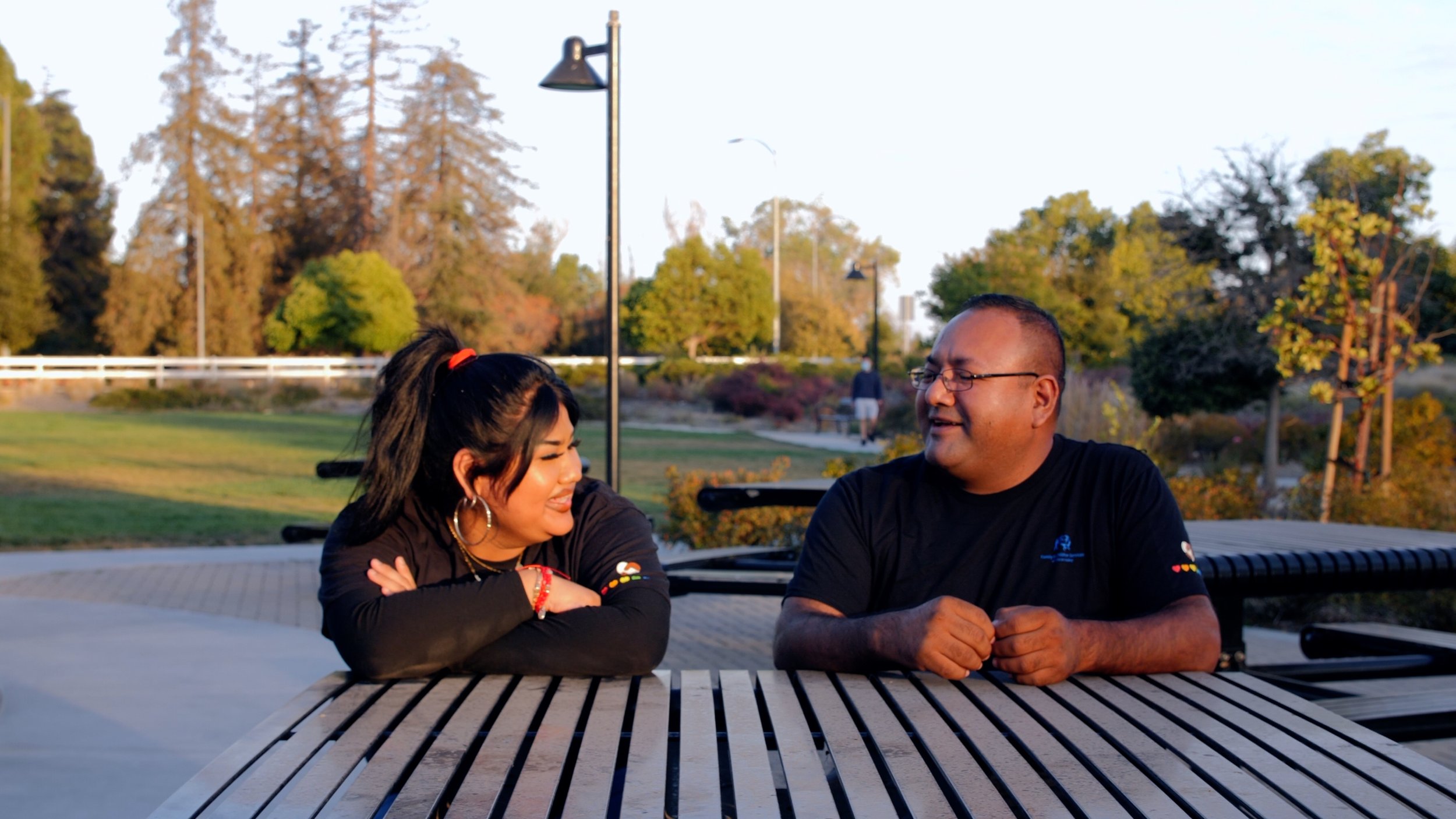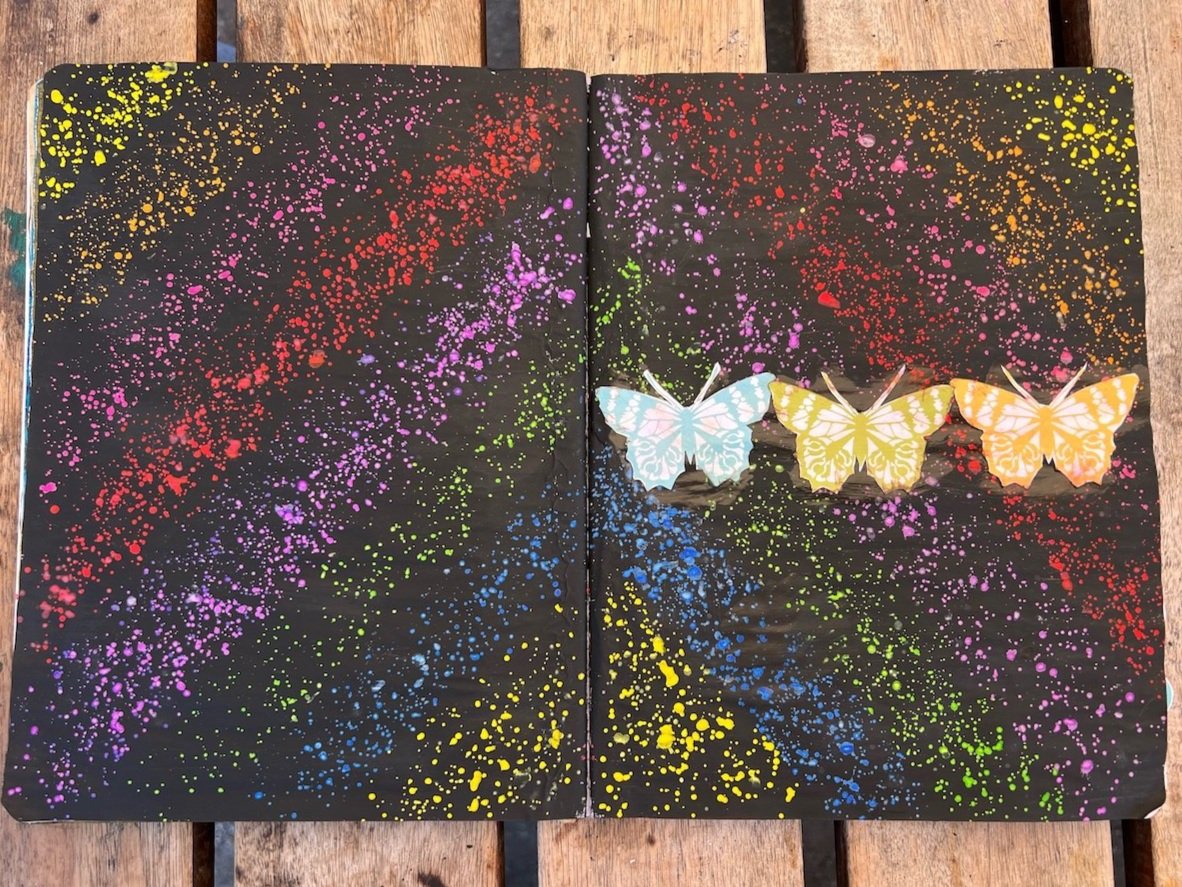Will Couch's passion for service work led him back to Caminar. A few years before his return, he had accessed Caminar’s substance use treatment services, programming dedicated to supporting adults in recovery from addiction. Jerry Carrera, Will's previous counselor, maintained a connection with Will well after completing the program. He recognized Will as an avid advocate for rehabilitation and knew he would be a perfect fit for Caminar's Family & Children Services division's new peer respite program, Blackbird House.
Blackbird House is a unique program for residents of Santa Clara County who are struggling with environmental stressors or need a safe, temporary place to stay. Program staff, like Will, have lived experience and are available to offer resources, light case management, and support.
Before integrating himself in Caminar, Will served our reentry population — individuals who are in the transition from incarceration to life in the community — a population with which he personally identifies. His understanding and awareness truly empowered his role as a peer support mentor and opened doors for opportunity. For Will, taking a peer support mentor role within Caminar was a leap of faith. He consulted with his wife and sponsor before committing to the opportunity. However, expanding his reach as a mentor and joining a program from its inception felt like a great fit.
Shortly after joining the Blackbird House team, Will was promoted to peer support lead. It was no surprise Will later stepped into a managerial role. "I was given the opportunity to be a program manager, and that is where I am now. It was pretty great, to be honest, to inherit more responsibility. To be able to lead a team and build a staff. To have my director's and upper managements trust," says Will. Today Will reflects and says, "It's been great to witness both the development of the policy and facility infrastructure! I can talk nonstop about Blackbird House. I am there more than at my regular house!"
When asked about what helped him develop within Caminar, Will said, "My leadership team has been supportive since the beginning." Will explains that it was a pleasant surprise to experience leadership that took an interest in nurturing the great skills he came in with because it positioned him well to become a leader within Caminar. Overall, Will celebrates the welcoming culture the FCS division has proposed; the most significant aspect is that all his intersecting identities are welcome and valued within the workplace.
No matter his title, Will prides himself in always working side by side with his team directly with the community on the "battlefield." He explains that his priority is fostering a space that celebrates autonomy and self-empowerment. Will emphasizes that being of service, self-disclosing, and honoring integrity are all cornerstones at Blackbird House.
When Will thinks of Caminar, he thinks of a place that "positions people in a way that they will succeed." Here, he can support and advocate for the local community, experience robust leadership, and fulfill his passion. "There will always be opportunities out there, but when you are treated well and valued for who you are, it makes people want to stick around and do good work. Caminar is huge, and I am happy to be a part of it."
As an organization Caminar applauds Will’s tenacity to empower our communities, and we are fortunate to have him as a part of our team.
























